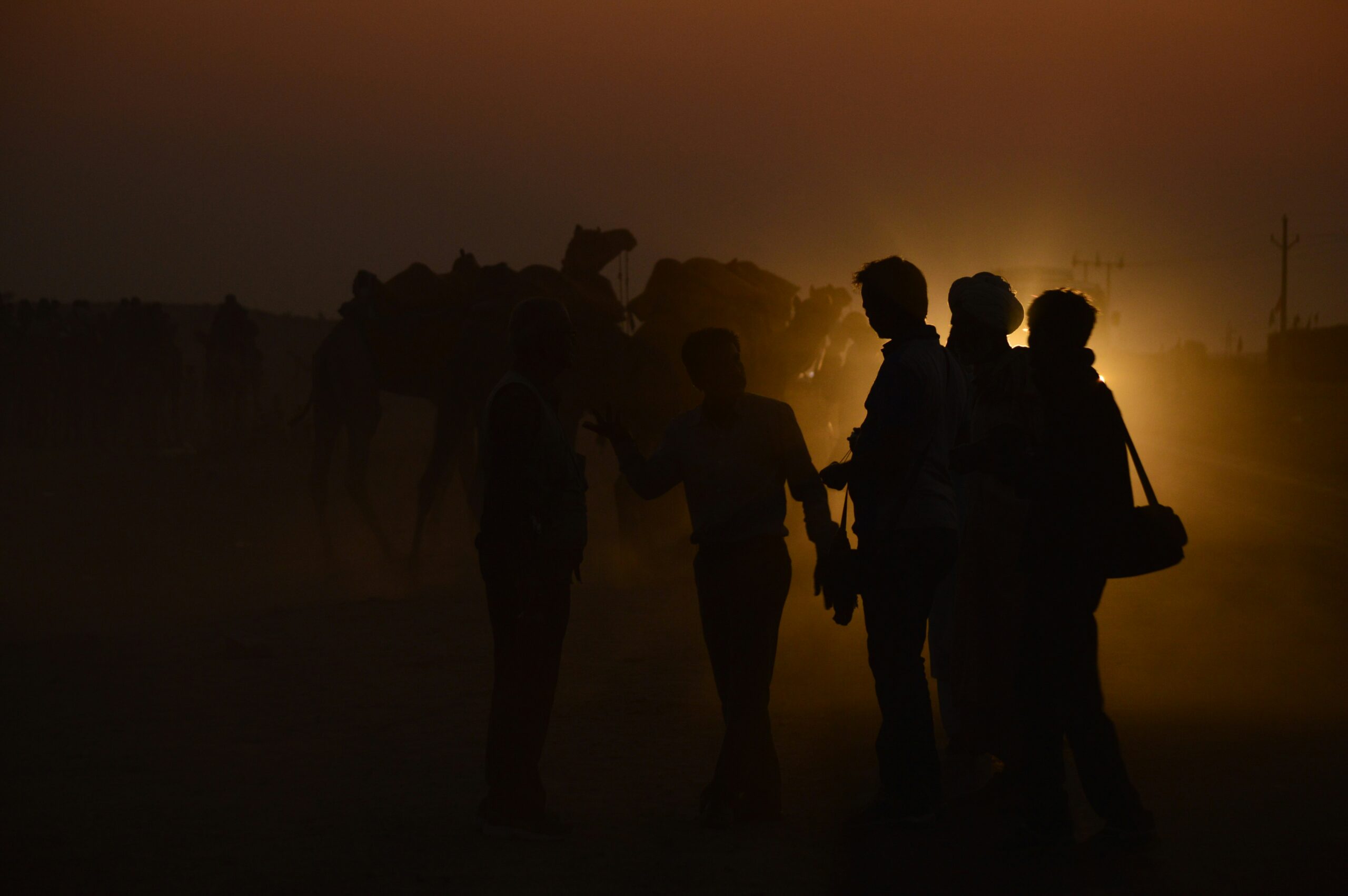
Escalation in Gaza: Israeli Support for Tribal Militia Raises Questions of Ethnic Cleansing
In a revelation that has sent shockwaves through international diplomatic circles, Yasser Abu Shabab, an erstwhile prisoner now turned militia leader, has become a focal point of Israel’s strategy in southern Gaza. This strategy, experts argue, may amount to ethnic cleansing, a charge with grave implications for regional stability and international law.
Background: The Rise of Yasser Abu Shabab
Yasser Abu Shabab, a previously little-known figure from Gaza’s Tarabin Bedouin tribe, has rapidly ascended to notoriety. Following his escape from prison in early October, where he was held since 2015 on drug-related charges, Abu Shabab has been propelled to the forefront of a controversial Israeli-backed militia, the Popular Forces. This militia is reportedly arming and opposing Hamas, the longstanding de facto governing authority of the Gaza Strip.
Israeli Prime Minister Benjamin Netanyahu openly admits to the arming of these factions, justifying it as a measure to protect Israeli soldiers. However, the implications of these actions are far-reaching, stirring debates about the true intentions behind empowering such groups.
The Militia’s Role in Gaza
Since its formation, the Popular Forces under Abu Shabab’s command have been implicated in various acts that suggest a darker agenda. Notably, the militia is accused of systematically looting humanitarian aid intended for the impoverished populace of Gaza, an act that has severe consequences in the strife-torn region. Reports from international aid workers and a UN memo explicitly name Abu Shabab as a key player in these operations, which have seen the vast majority of aid being diverted under the watch of the Israeli military.
The timing of Abu Shabab’s militia’s increased visibility, following closely after an Israeli military incursion in Rafah, southern Gaza, further complicates the narrative. This sequence of events has led analysts to speculate about the coordination between Israeli military actions and the militia’s operations.
Allegations of Ethnic Cleansing
The most alarming aspect of Abu Shabab’s rise to power is the accusation that his militia is partaking in a broader Israeli plan to ethnically cleanse Gaza. According to analysts, this involves the construction of what some are calling ‘concentration camps’ in southern Gaza, aimed at confining and eventually displacing large numbers of Palestinians.
This strategy purportedly seeks to ease the burden of direct military occupation and facilitate what could be seen as forced demographic manipulation, drawing fierce criticism and raising serious ethical and legal questions.
International Reaction and Consequences
The international community has watched these developments with increasing alarm. The strategic use of a militia led by a local Palestinian, experts argue, provides Israel with plausible deniability while achieving objectives that might otherwise draw direct condemnation and sanctions.
Moreover, the humanitarian crisis in Gaza, exacerbated by these maneuvers, has not only led to widespread suffering but has also strained international relations, with neighboring countries like Egypt explicitly opposing any forced displacement of Palestinians.
Looking Ahead: Implications for Gaza and Beyond
The situation in Gaza remains tense, with the actions of Abu Shabab and the Israeli-backed Popular Forces continuing to be a point of contention. The international community faces the challenge of addressing these issues without exacerbating an already volatile situation. The role of global diplomatic and humanitarian efforts will be crucial in navigating the complex interplay of military strategy, political agendas, and human rights considerations in Gaza.
As the world watches, the resolution of this crisis will not only shape the future of Gaza but also set precedents for international responses to similar conflicts worldwide, making it a significant point of focus for global peace and security strategies.


